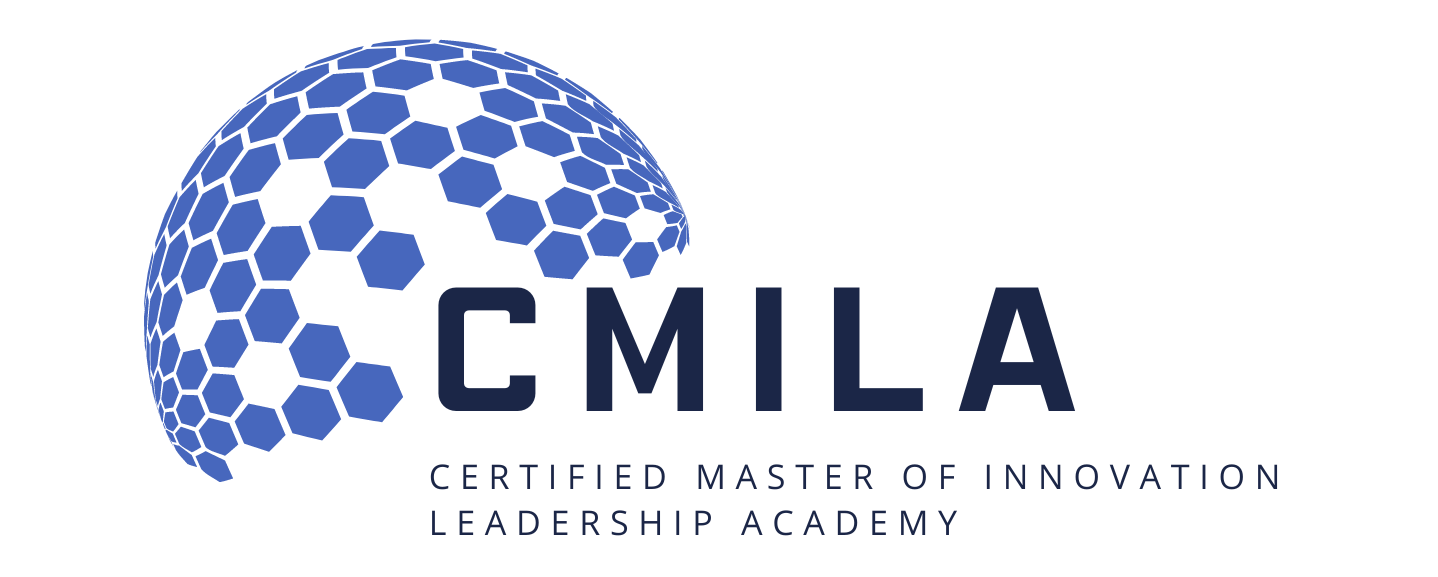Certified Agile Innovation Manager (CAIM)
The Certified Agile Innovation Manager (CAIM) Certification Course by Tonex is designed for professionals seeking to enhance their skills in leading agile innovation initiatives. This comprehensive program equips participants with the knowledge and tools required to effectively manage innovation projects within an agile framework.
Learning Objectives:
Upon completion of the Certified Agile Innovation Manager (CAIM) Certification Course, participants will:
- Develop a deep understanding of agile principles and their application in innovation management.
- Acquire skills in fostering a culture of innovation within organizations.
- Learn effective techniques for managing and leading cross-functional agile innovation teams.
- Gain expertise in utilizing agile tools and frameworks for successful innovation project delivery.
- Master the art of balancing agility with risk management for optimal project outcomes.
- Obtain the Certified Agile Innovation Manager (CAIM) credential, validating their proficiency in agile innovation management.
Audience:
This course is suitable for:
- Innovation Managers
- Project Managers
- Product Managers
- Team Leaders
- Executives and Leaders responsible for fostering innovation
- Professionals seeking to enhance their agile project management skills in an innovation context
Course Outline:
Module 1: Introduction to Agile Innovation Management
- Agile Principles Overview
- Integration of Agile in Innovation
- Agile Mindset for Innovation
- Agile Manifesto and its Relevance
- Scrum and Kanban in Innovation
- Lean Thinking in Agile Innovation
Module 2: Building an Innovative Culture
- Strategies for Fostering Innovation
- Leadership’s Role in Nurturing Innovation
- Creating a Culture of Experimentation
- Encouraging Intrapreneurship
- Innovation Metrics and Measurement
- Overcoming Resistance to Change
Module 3: Agile Team Leadership in Innovation
- Techniques for Leading Cross-functional Teams
- Collaborative Decision-Making in Agile
- Agile Leadership Styles
- Effective Communication in Agile Teams
- Conflict Resolution in Agile Environments
- Motivation and Empowerment in Agile Teams
Module 4: Agile Tools for Innovation
- Agile Frameworks for Innovation Projects
- Scrum and Kanban Tools in Practice
- Design Thinking in Agile Innovation
- User Story Mapping Techniques
- Prototyping and MVP Development
- Agile Project Management Software
Module 5: Balancing Agility and Risk Management
- Identifying Risks in Agile Innovation
- Risk Mitigation Strategies in Agile
- Continuous Risk Monitoring in Agile
- Adaptive Risk Management in Change
- Agile Risk Assessment Techniques
- Balancing Innovation Speed with Risk Avoidance
Module 6: Certification Exam Preparation
- Review of Key Concepts
- Practice Exams and Discussions
- Exam-taking Strategies
- Mock Certification Exam
- Clarifications and Q&A Session
- Exam Day Preparation and Logistics
Overview of the Certification Process:
- Familiarize yourself with the prerequisites, if any, for taking the exam.
- Review the certification roadmap to understand the different levels of certification offered (e.g., Foundation, Advanced, Expert) and the requirements for each level.
- Identify the benefits of obtaining the certification for your career and professional development.
Details of the Exam:
Format: Multiple-choice, scenario-based, practical exercises
Content Areas: Review the exam blueprint or syllabus to identify the specific topics and knowledge areas covered in the exam. This will help you focus your study efforts on the most relevant content.
Passing Score: Understand the minimum passing score required to achieve certification and aim to exceed this threshold during your preparation.
Study Resources: Identify recommended study resources, such as certification manual, study guides and practice exams, to help you prepare effectively for the exam.
Exam Sample Questions:
- Practice with sample questions to familiarize yourself with the exam format and assess your readiness.
- Analyze each question carefully, paying attention to key details and any clues provided in the question stem or answer choices.
- Practice time management by setting aside dedicated study sessions to complete sample questions within the allotted time frame.
- Review your answers and explanations for correct and incorrect responses to identify areas for improvement and further study.
